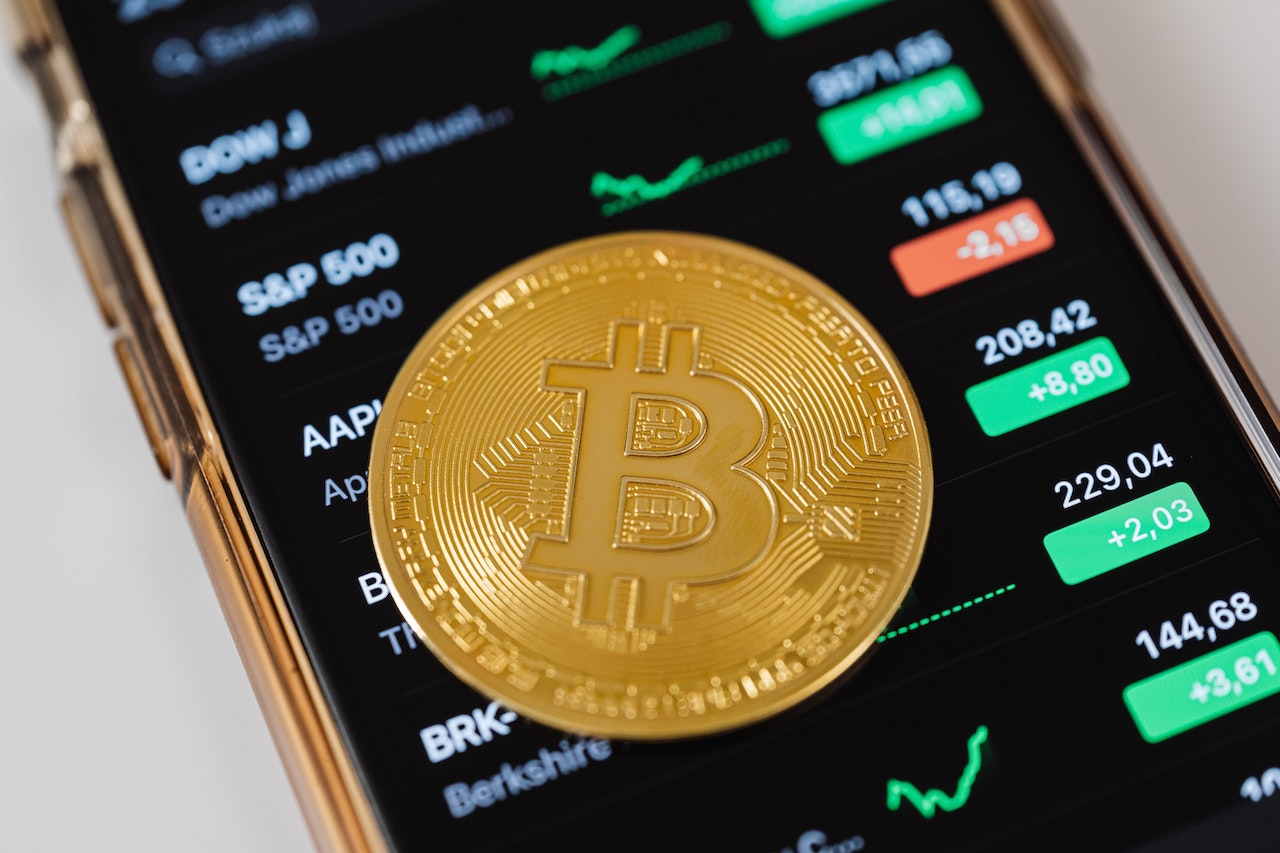Decentralized Finance (DeFi) Explained: The Future of Financial Services
Introduction to Decentralized Finance
Decentralized finance( DeFi) is a new and fleetly growing field that seeks to revise traditional fiscal services by using blockchain technology. DeFi allows anyone with an internet connection to pierce fiscal services without the need for interposers similar as banks or other fiscal institutions. This enables lesser fiscal freedom, translucency, and security for individualities and businesses likewise.
What’s DeFi?
DeFi refers to a set of financial operations and services erected on top of blockchain networks similar as Ethereum. These operations are decentralized, meaning they operate on a peer- to- peer network without the need for central authorities or interposers. Some exemplifications of DeFi operations include decentralized exchanges( DEXs), lending and borrowing platforms, stablecoins, and asset operation tools.
Benefits of DeFi
One of the primary benefits of DeFi is its capability to give lesser fiscal freedom and availability. With DeFi, anyone with an internet connection can pierce fiscal services without the need for a bank account or other traditional fiscal structure. also, DeFi offers lesser translucency and security, as all deals are recorded on a public blockchain and are thus inflexible and empirical .
Challenges of DeFi
Despite its implicit benefits, DeFi also presents several challenges and pitfalls. One of the main challenges is the volatility of cryptocurrency requests, which can affect in significant losses for investors. also, DeFi is still in its early stages of development, and there’s a threat of bugs, hacks, and other specialized issues.
Types of DeFi Applications
There are several different types of DeFi applications, each with its unique features and use cases. Decentralized exchanges( DEXs) allow druggies to trade cryptocurrencies without the need for interposers. Lending and adopting platforms enable druggies to earn interest on their cryptocurrencies or adopt finances using their crypto as collateral. Stablecoins give a means of exchange and store of value that’s pegged to a stable asset similar as the US dollar.
How DeFi Works
DeFi applications operate on a peer- to- peer network, with deals being recorded on a public blockchain. Smart contracts, which are tone- executing contracts that run on the blockchain, are used to automate and apply the rules of the application. druggies interact with the application using a web or mobile interface, with all deals being recorded on the blockchain for translucency and security.
Advancements in DeFi
DeFi is a fleetly evolving field, with new operations and services being developed all the time. One area of invention is the use ofnon-fungible commemoratives( NFTs) to represent means similar as real estate, art, and collectibles on the blockchain. Another area of advancement is the use of decentralized identity results to give lesser sequestration and security for druggies.
Risks and Challenges of DeFi
Despite its implicit benefits, DeFi also presents several pitfalls and challenges. One of the main pitfalls is the eventuality for smart contract bugs or hacks, which can affect in significant losses for druggies. also, the volatility of cryptocurrency requests can make DeFi a parlous investment for some druggies.
Decentralized finance( DeFi) has the implicit to revise the way we pierce and manage fiscal services. By using blockchain technology, DeFi enables lesser fiscal freedom, translucency, and security for individualities and businesses. While DeFi is still in its early stages of development, it’s clear that this technology has the implicit to disrupt traditional fiscal systems and bring about a more decentralized and normalized fiscal system.
As DeFi continues to evolve and develop, it’ll be important for druggies to understand the risks and challenges associated with these technologies. While DeFi can offer significant benefits, it isn’t without risks. As similar, it’s important to approach these technologies with caution and to only invest what you can go to lose.
In conclusion, decentralized finance( DeFi) is an instigative and fleetly evolving field that has the implicit to revise the way we pierce and manage fiscal services. By furnishing lesser fiscal freedom, translucency, and security, DeFi has the implicit to bring about a more inclusive and normalized fiscal system. As we continue to explore the eventuality of DeFi, it’ll be important to remain watchful and to approach these technologies with caution and care.


